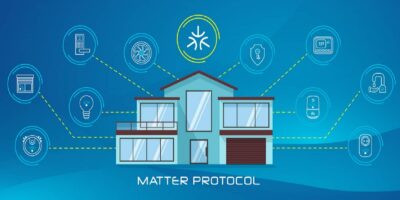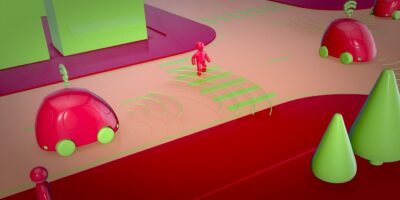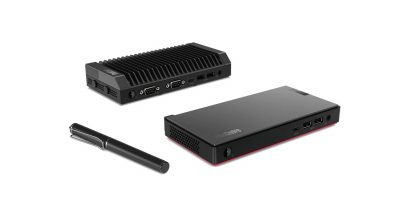
DevOps (short for Development Operations) is a highly-popular organizational structure that allows for rapid deployment of product deliverables along with improved quality assurance. Here we take a brief look into what DevOps really is and assess its connection with IoT development.
What is DevOps?
DevOps is an approach to work in any structured organization, which is built on an integrated feedback mechanism to ensure that various teams – such as development and IT (operations) teams – work together for a common deliverable instead of operating in their own silos. The reason for introducing DevOps is to build high quality products with a related aim for continuous delivery.
The continuous DevOps toolchain is represented in the form of a double helix where the developer activities – such as “plan, code, build, test and release” – are followed by operations activities such as “deploy, operate and monitor.”
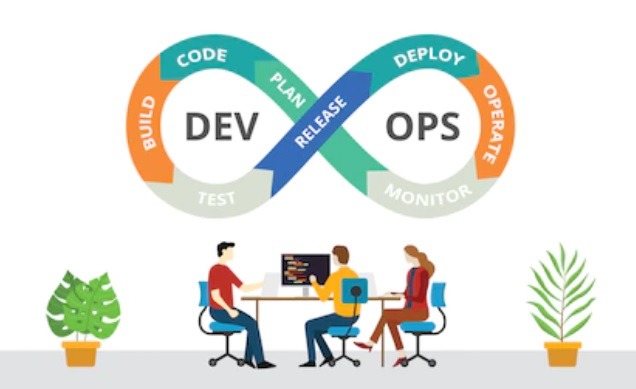
But there’s a small difference: instead of these processes being linear as they normally are, both development (Dev) and operation (Ops) stages twist full circle after an iteration similar to a double-helical DNA molecule. After each iteration, we achieve continuous improvement in end user experience. Instead of a long release cycle, DevOps makes both developers and operations teams more responsive to the market demands.
Since 2009, after first gaining traction with Amazon, Walmart, TCS, and other IT companies, it became a popular corporate culture within software and technology organizations.
DevOps and Internet of Things
Due to its continuous improvement capability during all steps, DevOps is a natural fit for the chaotic, constantly evolving, and unpredictable Internet of Things landscape. There is much we are learning about IoT at the moment: the types of connected devices and their end user applications, the importance of low power consumption for smart electronics, privacy and security concerns, the possible roles of 5G in such an environment, and other uncertain criteria.
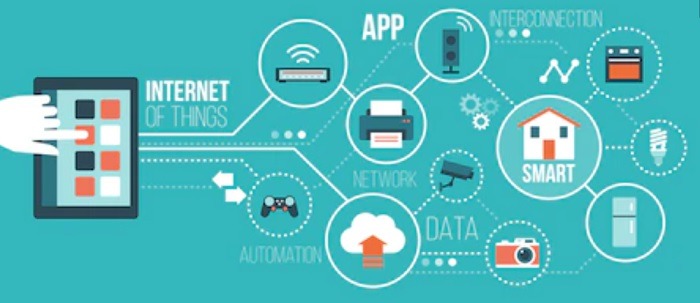
In such a mix, it is impossible to size up customer expectations and market demand through market surveys and other traditional means.
Benefits of DevOps for IoT
We are living in an age when a customer tests an app first, utilizing the product for their needs, and gives feedback on the missing features directly to the developers. (Check out any app’s review on Google Play Store.) That is the only way for the developer teams to understand what the customers really want.
Based on the above premise, the main benefits for DevOps for IoT are:
- Speed of deployment: the product development and launch that used to take several months and even years can be now rolled out in a matter of weeks. That is how fast the IoT landscape is changing today.
- Real time security and patch management: all bug fixes will happen in real time instead of waiting for the next product version.
- Can launch microservices and containers: the culture of DevOps lends itself properly to microservices and containers ,which is how a majority of IoT applications are being launched.
The IoT age will force developers to become even more responsive to the constantly evolving customer demands, and that will guide their engineering and decisions. DevOps will remain the most popular workflow method in IoT deployments.

